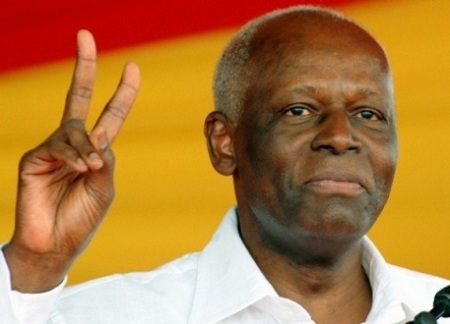If voters support the parties in next Tuesday’s Québec election as shown in the latest Leger Marketing poll, it will be with a burst of support among francophone voters for the newly-formed Coalition Avenir Québec (CAQ).

That poll showed, essentially, a three-way race, with the sovereigntist Parti québécois (PQ) leading at 33%, with 28% for the CAQ and 27% for premier Jean Charest and his Parti libéral du Québec (Liberal Party, or PLQ). Showing the volatility of the race, another poll last week showed Charest’s Liberals with a 35% lead to just 29% for the PQ and 24% for the CAQ.
Although so much has been made of anglophone voters — and their openness to the CAQ — anglophone Quebeckers, which make up roughly 10% of the Québec electorate, are still mostly captive to premier Jean Charest and his Parti libéral du Québec (Liberal Party, or PLQ). Despite support from the prominent anglophone politician Robert Libman, the CAQ attracts just 15% of the anglophone vote to 67% for the Liberals (the PQ wins just 9%).
Francophone voters, however, split as follows: 38% to the PQ, 31% to the CAQ, 18% to Charest’s Liberals, 9% to the stridently leftist and sovereigntist Québec solidaire and 3% to the sovereigntist Option nationale, which received the high-profile support of former PQ premier Jacques Parizeau over the weekend.
It should be fairly clear that the 12% of francophone voters supporting Québec solidaire and Option nationale would otherwise be supporting the PQ in this election. Remember that the first-past-the-post system means that the election next Tuesday will really be 125 separate elections in each election district, so in a close race, that 12% could make the difference.
But to me, the real key to the election is where François Legault and the CAQ are pulling their 30% share of francophone voters, and there are two options:
If the CAQ’s francophone support is coming predominantly from voters who have already decided that they won’t vote for Charest, the CAQ is competing for the same pool of voters as the PQ, which could ultimately lead to Charest pulling off a victory and a minority government.
If the CAQ’s francophone support is coming from voters who, for whatever reason, are attracted to its centrist / vaguely free-market platform, the CAQ is competing with the Liberals, which could allow the PQ to win a minority government.
Given that the election is in large part a referendum on Charest, on Liberal corruption and on the economy that Charest now owns after nine years in office, and given that the CAQ has been purposefully vague about its platform, I think the former is much more likely the case, and it’s why, despite what some polls show, the chances of a fourth consecutive mandate for the Liberals is still a very real possibility. Continue reading The key to Québec’s election are the CAQ-leaning francophones, not anglophones →

